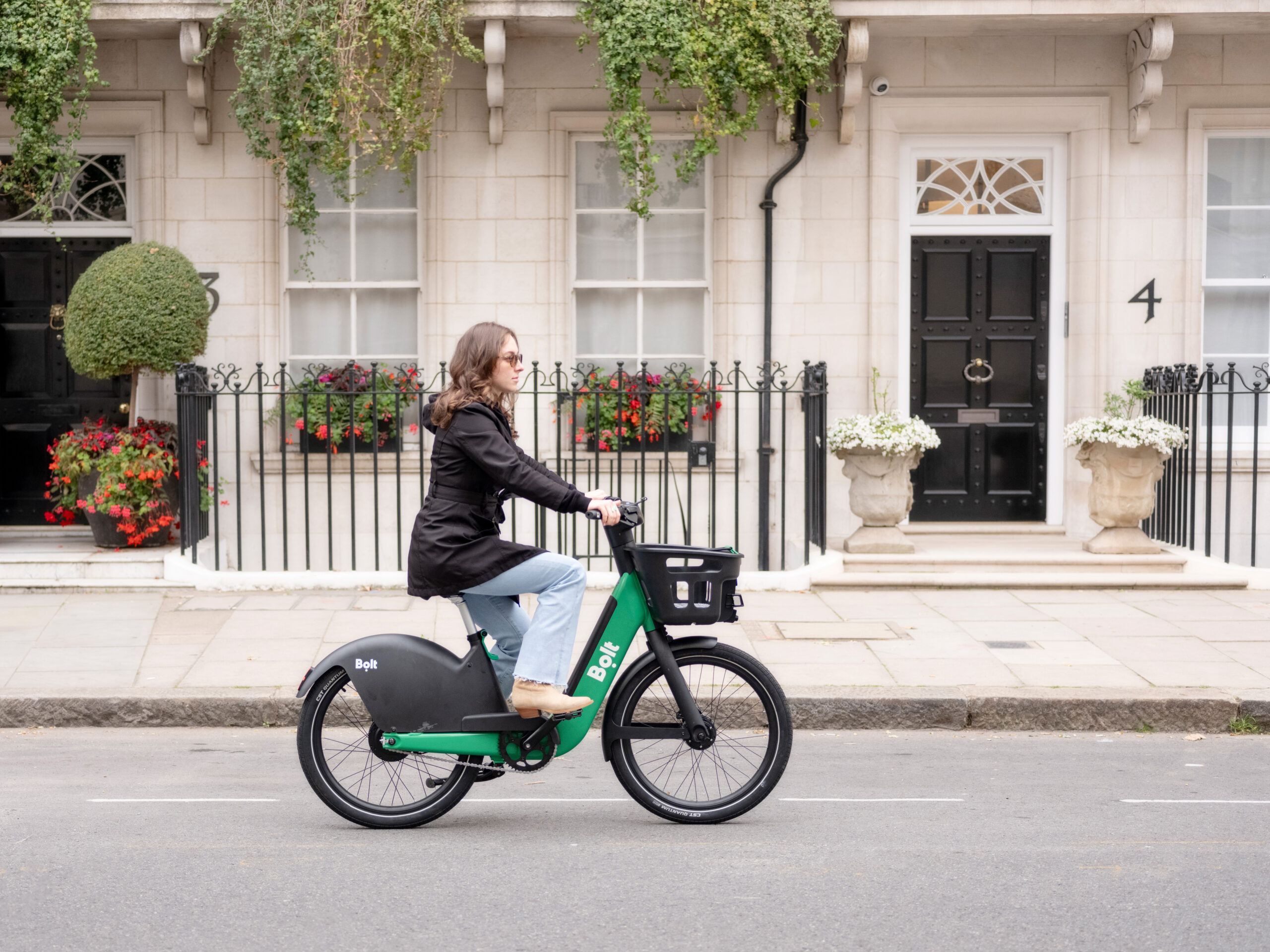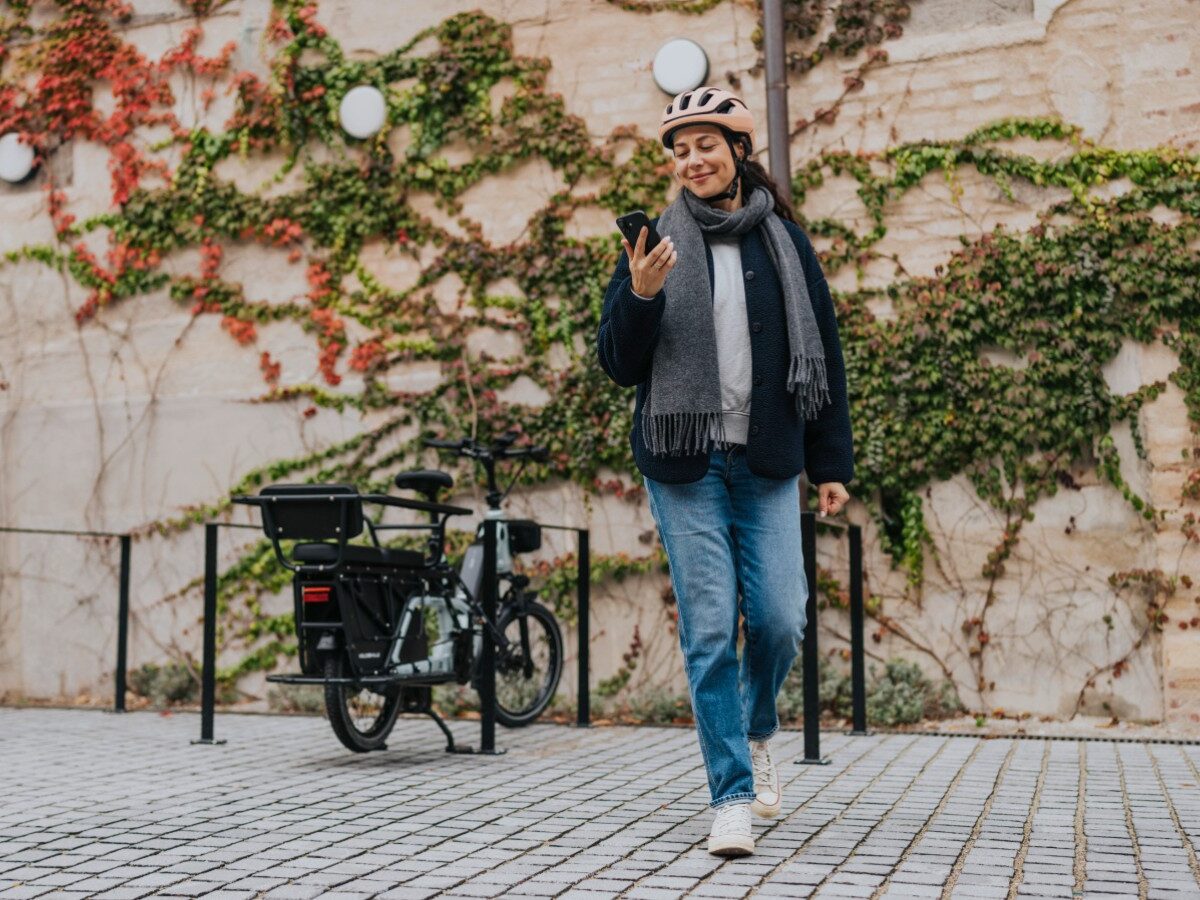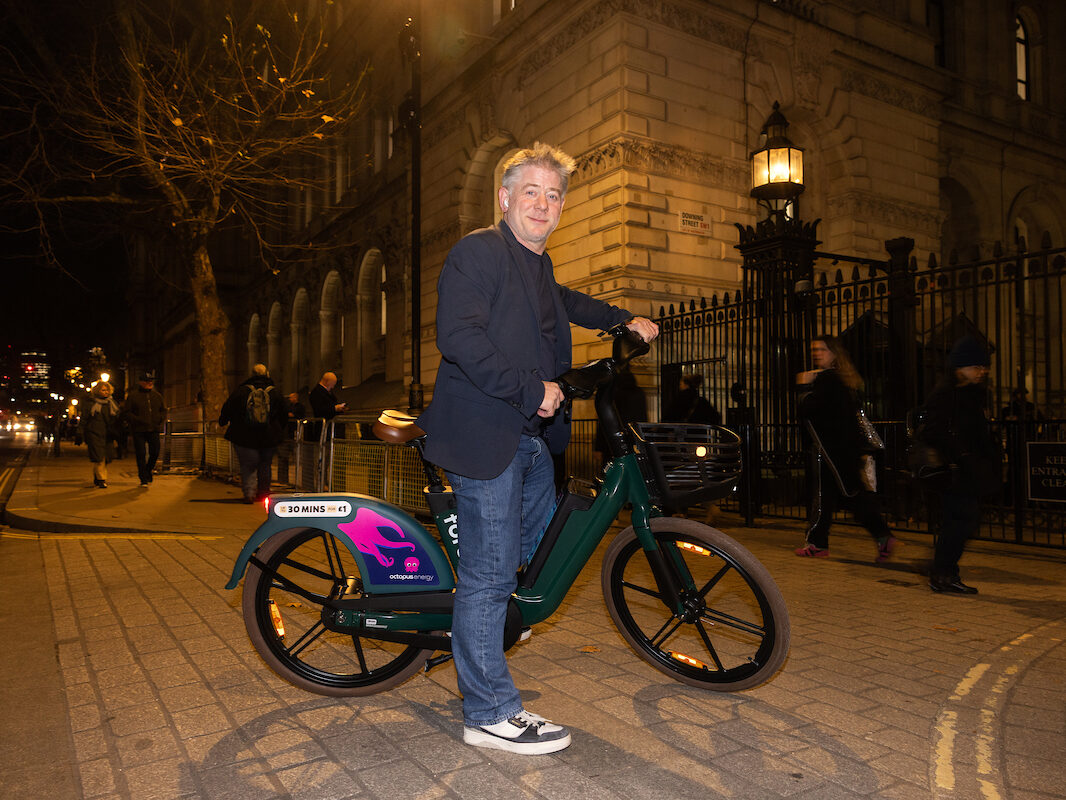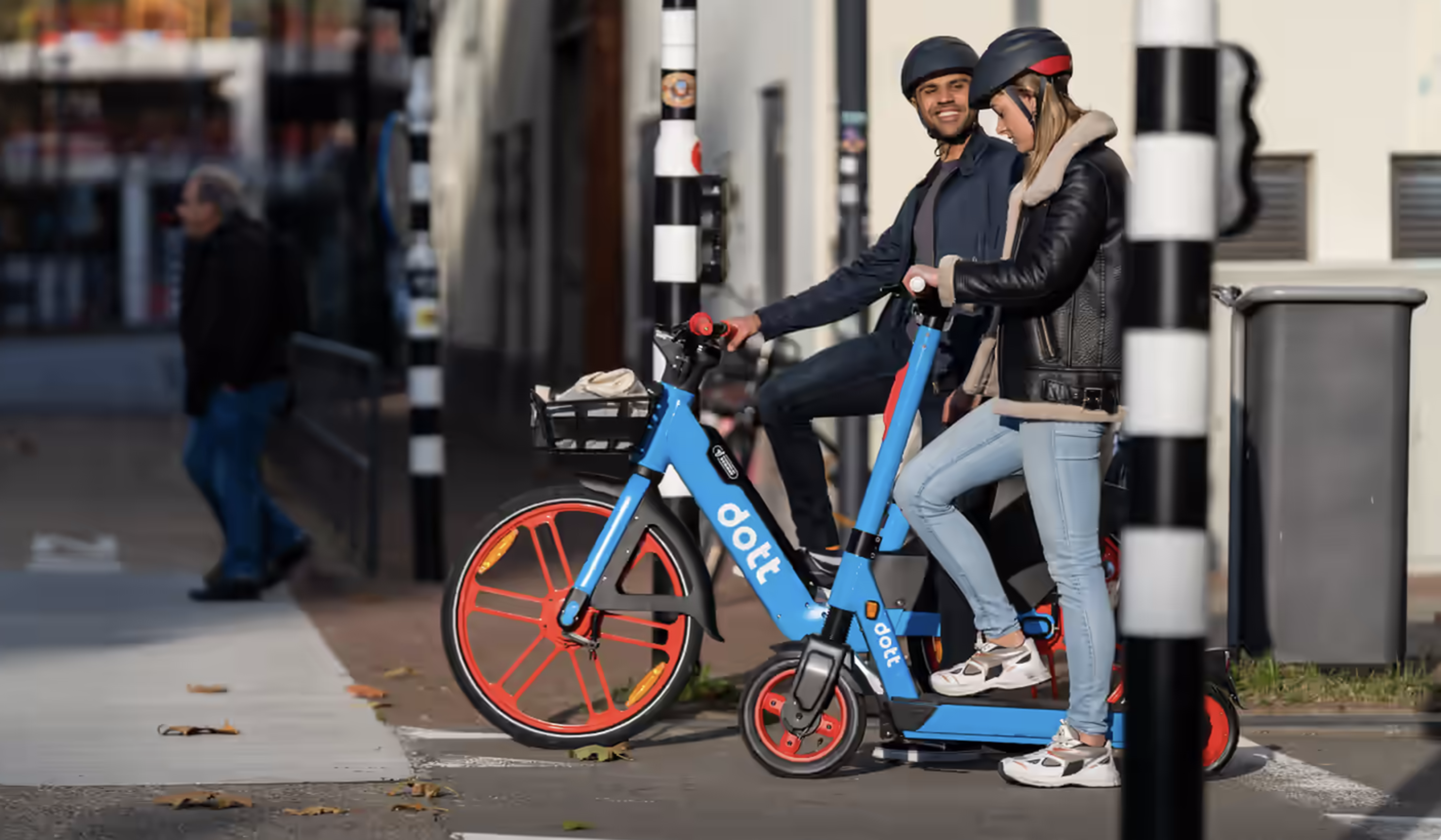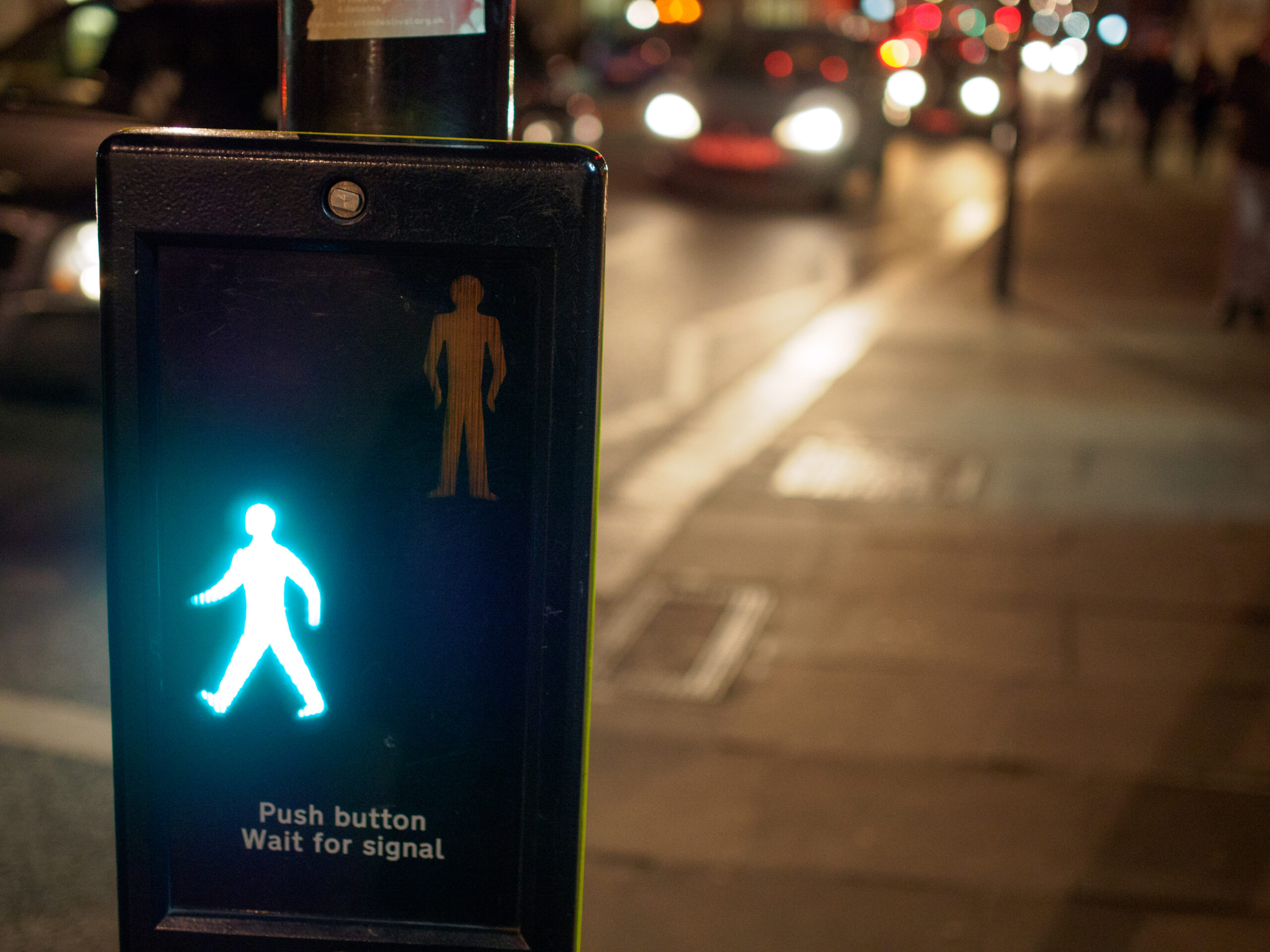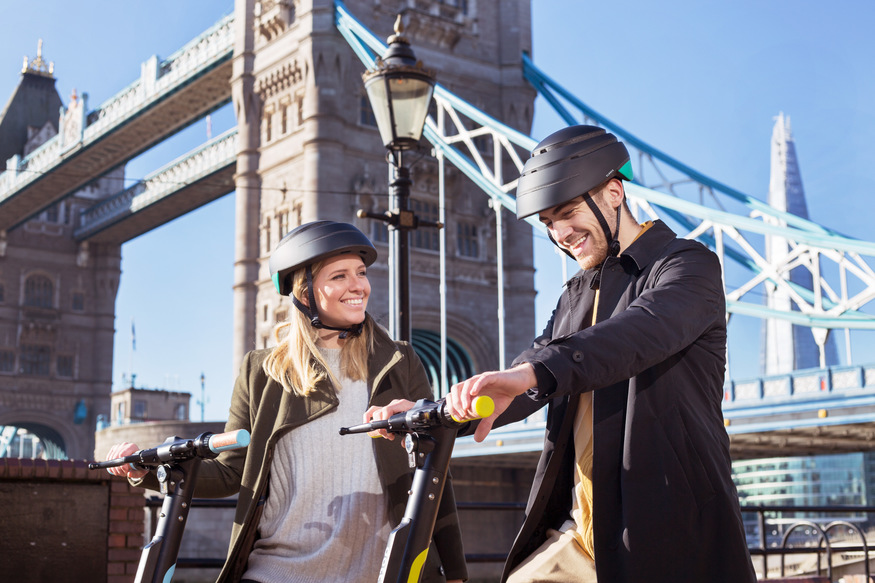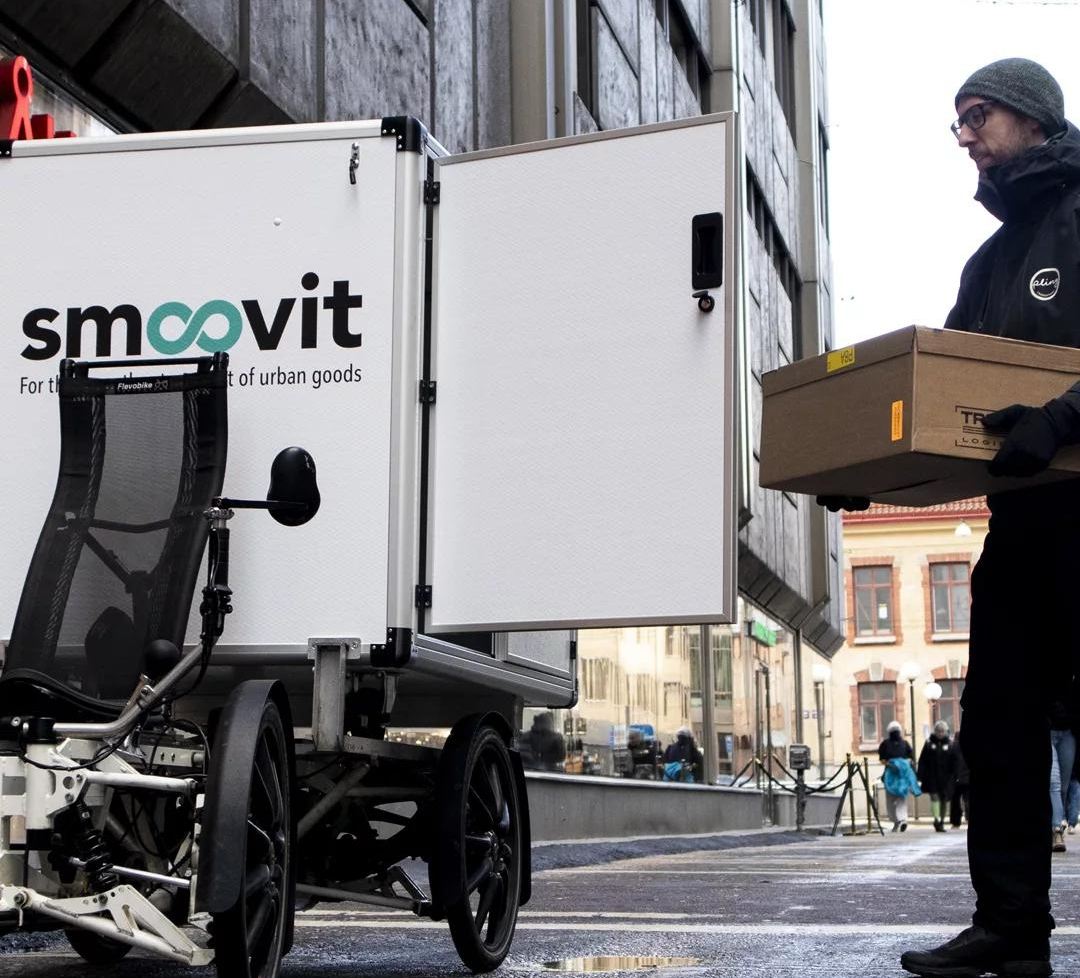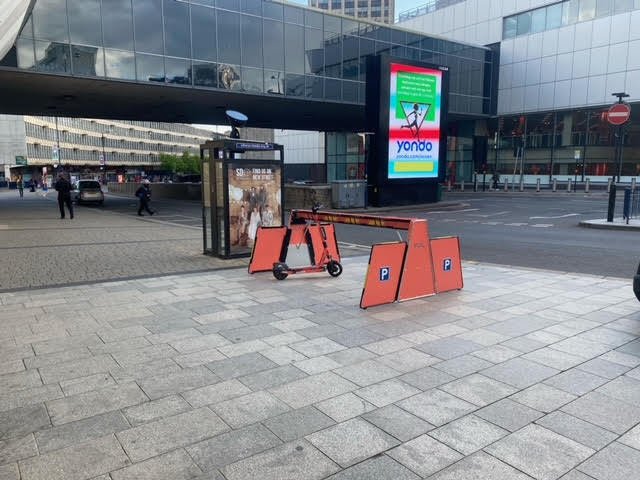The Scottish government has provided over 825,000 GBP in funding for 36 e-bike projects across Scotland.
The projects aim to improve access to e-bikes, adapted cycles and e-cargo bikes to promote greener travel and support rural communities and disabled people.
This latest round of funding from the eBike Grant, delivered by Energy Saving Trust, successfully provided 216 e-bikes, 56 e-cargo bikes and 34 adapted cycles for 36 projects across the country. These vehicles intend to help communities and organisations shift away from car journeys to improve Scottish health and air quality.
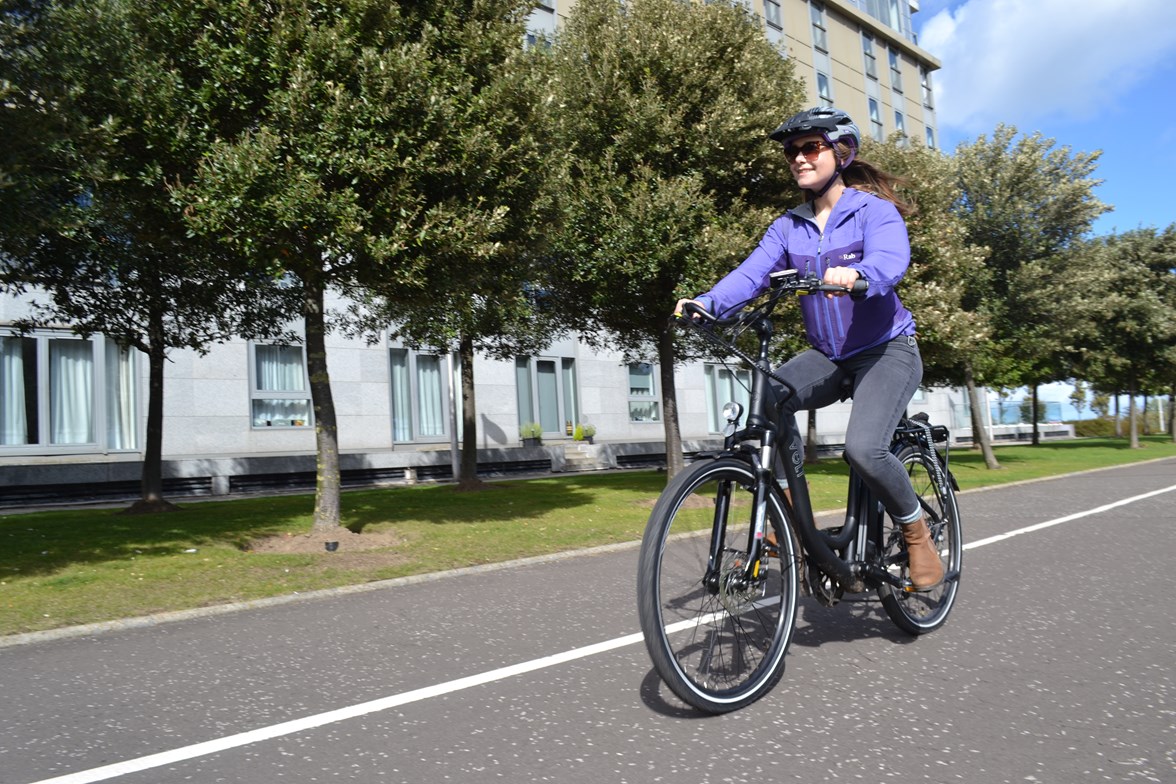
Minister for Active Travel, Patrick Harvie, said:I am delighted that our funding for e-bikes is unlocking sustainable travel options for communities across Scotland. E-bikes offer real advantages when it comes to moving cargo, tackling tough hills or longer distances – making it easier to choose cycling instead of car use. We’re committed in Scotland to building an Active Nation, where many more people choose to walk, wheel and cycle for everyday journeys. This funding will help us bring about the transformational shift that we need to help meet our 20% car kilometre reduction target whilst protecting our climate from damaging transport emissions.
As part of this funding, the Shapinsay Development Trust has been awarded over 16,000 GBP for 10 new e-bikes to promote sustainable travel on the island in Orkney. The bikes will be available for visitors to rent, while residents will have free access to them for the duration of the e-bike project.
In Edinburgh, Leonard Cheshire Disability has been awarded over 19,000 GBP for two rickshaw adapted cycles to be shared across eight services. These vehicles will allow more disabled people to keep active through accessible cycling.
Stuart Robertson, Director of Scotland at Leonard Cheshire said:We are so grateful for the support from the Scottish Government through Energy Saving Trust. The rickshaw adapted bikes will enable more disabled people in Edinburgh, along with their friends and families, to participate in active travel and explore their community's sustainably whilst promoting more inclusive communities. In turn, the project will also help to address the health and wellbeing issues experienced by disabled people, which were exacerbated by the COVID-19 pandemic, whilst empowering the building of confidence and independence.



